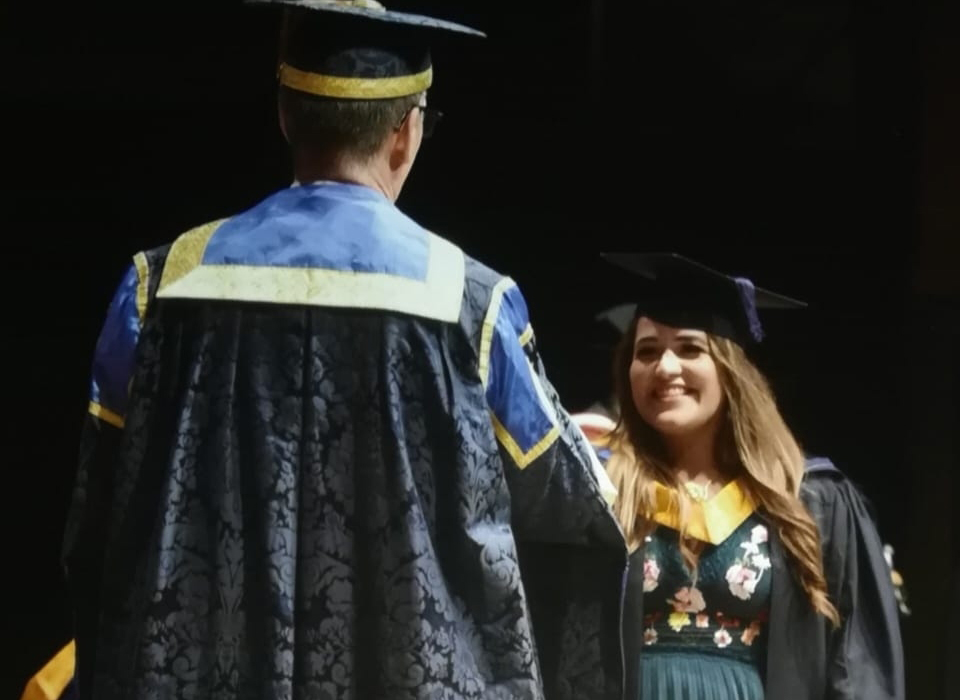- OT
- Life in practice
- Career development
- “I am always willing to help any other students”
A to Optometry
“I am always willing to help any other students”
Pre-registration optometrist, Rukan Avcil, on her journey into optometry, developing her skills through COVID-19, and being nominated for an OT competition by her practice colleague

18 January 2021
What were the main reasons you wanted to become an optometrist?
I became aware of optometry while I was in my third year of my first undergraduate degree in biomedical sciences. I really enjoyed the theory side of biomedical sciences but did not enjoy the lack of direct patient contact. I wanted to be able to help patients on a direct level while using the scientific knowledge I had gained. Optometry seemed like the perfect fit.Who influenced or inspired the decision to go into optometry?
A friend of mine had started optometry and told me all about it and I was really interested as I had never considered it. After a little deliberation, I decided to contact one of the lecturers at Anglia Ruskin’s optometry school. I attended one of her lectures and she showed me around the university eye clinics. Seeing the eye clinics and the students practising got me really excited about the prospect of studying optometry. Now working in practice, both my supervisors encourage and inspire me during my course. Having little experience in optics when I first arrived, my supervisors and colleagues have been extremely supportive. I feel very fortunate to be where I am.We were only seeing urgent and emergency cases… This really helped with my patient encounters, as well as my confidence and improving my history and symptoms skills
What are your career goals?
For now, finish my pre-registration year. I had heard how hard this year would be, but nothing prepares you for full time work and studying at the same time. However, I am excited for further qualifications such as independent prescribing and medical retina. I really enjoy the pathology aspects of things and emergency or triage appointments so it would be interesting to volunteer or shadow hospital optometrists during casualty appointments.
What placements have you carried out, and what have you learned from them?
I have previously worked in maternity theatres, histopathology labs and ambulance services, but most importantly I had the opportunity to shadow the eye clinic at West Suffolk hospital. It was very interesting seeing all the work being done at hospitals and the role of the hospital optometrist. It showed me how many different areas you can go into in a hospital setting. Mostly I saw the importance of community optometry, where the referrals we send go and how it is dealt with. I also had the chance to attend surgeries such as phacoemulsification, corneal grafts, and enucleation.



Comments (0)
You must be logged in to join the discussion. Log in